Pope Urges Care of Common Home
Message to Top Level Event of the Parliamentary Assembly of the Council of Europe
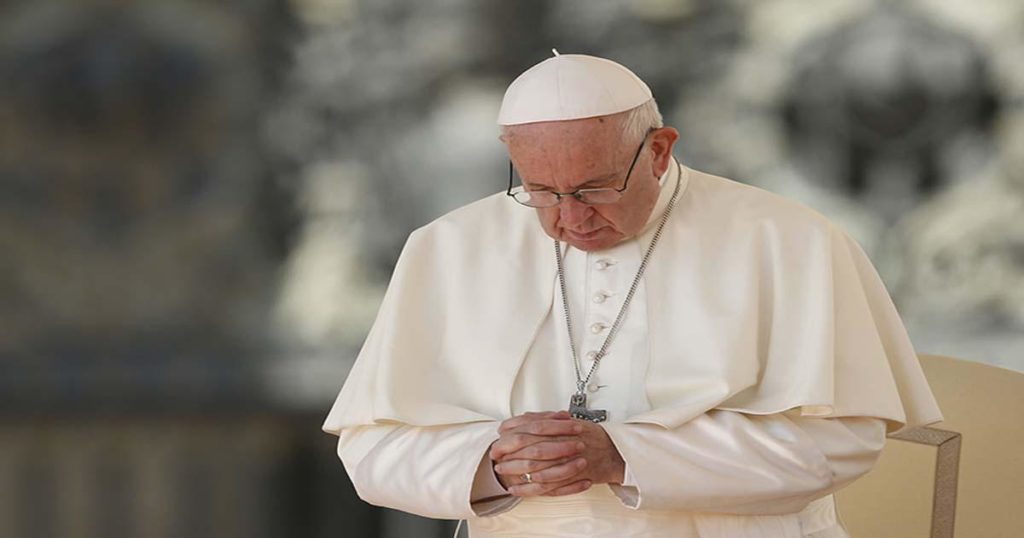
Pope Francis stressed the importance of “the care of the environment, our common home” in his message sent to the participants in the Top Level Event of the Parliamentary Assembly of the Council of Europe entitled “Environment and Human Rights: Right to Safe, Healthy and Sustainable Environment” (Strasbourg, September 29, 2021).
“There is not much time to wait; it’s necessary to act,” the Pope said. “Every instrument that respects human rights and the principles of democracy and of the State of Law, fundamental values of the Council of Europe, can turn out to be useful to address this global challenge.”
* * *
The Holy Father’s Message
Distinguished Ladies and Gentlemen!
I would like, first of all, to thank The Honourable Rik Daems, President of the Parliamentary Assembly for the passionate invitation to intervene regarding the care of the environment, our common home, of this gift we have received and must look after, protect and carry forward. Although only an Observer Country, the Holy See follows with particular attention and interest all related activity of the Council of Europe, in the certainty that every initiative and concrete decision of this Organization, which can improve the dramatic situation on which the health of our planet depends, must be supported and well valued.
On November 25, 2014, in fact in this hemicycle, I stressed the existing close and profitable collaboration between the Holy See and the Council of Europe, and I confirmed that “among the topics that call for our reflection and our collaboration is the defense of the environment, of this our loved Earth, which is the great resource that God has given us, and which is at our disposition not to be disfigured, exploited and dejected but because, enjoying its immense beauty, we can live with dignity.”[1]
Subsequently, in the Encyclical Letter Laudato Si’, I returned to the importance of the care of the common home, a universal principle that involves not only the Christian faithful but every person of goodwill that has to heart the protection of the environment. The present event, which takes place on the eve of COP26, scheduled for this coming November in Glasgow, will be able to offer, thanks to a greater consideration of the fundamental principle of multilateralism, also a valid contribution for the forthcoming meeting of the United Nations. The Holy See is also convinced that every initiative of the Council of Europe must not be limited only to the geographic area of this Continent, but, from our dear Europe, it can reach the entire world. In this connection, the decision is seen with interest that the Council of Europe will want to take for the creation of a new juridical instrument geared to link the care of the environment with respect for man’s fundamental rights.
There is not much time to wait; it’s necessary to act. Every instrument that respects human rights and the principles of democracy and of the State of Law, fundamental values of the Council of Europe, can turn out to be useful to address this global challenge. No one can deny the fundamental right of every human being “to live with dignity and to develop integrally”;[2] and if all of us human beings are born on this earth with the same dignity [. . . ] consequently, as a community we are held to guarantee that every person must live with dignity and have adequate opportunities for his integral development.”[3]
When, instead, the human being thinks of himself as lord of the universe, and not as its responsible administrator, when he no longer recognizes his just position in relation to the world, justifies any type of waste, be it environmental or human, he then treats other people and nature as mere objects.
The ancients already said: “Esse oportet ut vivas, non vivere ut edas” — “One must eat to live, not live to eat.” One must consume to live, not live to consume. And, above all, one must never consume unrestrainedly, as happens today. Each one must use what serves for his sustainment.
Everything is connected and, as a family of nations, we must have a common concern: “to see that the environment is cleaner, purer and preserved, and to take care of nature, so that it can take care of us.”[4]
Hence, there is a real need of a change of course, of a new awareness of the human being’s relationship with himself, with others, with society, with Creation, and with God. This ecological crisis, which is a single and complex socio-environmental crisis,[5] certainly invites to an inter-disciplinary and operative dialogue at all levels, from the local to the international, but also to individual as well as collective responsibility. Therefore, there should also be talk of the duties of every human being to live in a healthy and sustainable environment.
Instead, when we speak only of rights we think only of what is owed to us. We must also think of the responsibility we have to the future generations, and to the world, we want to leave to our children and our young people. I hope that this Parliamentary Assembly and the Council of Europe will be able to identify, promote and act, with resolve, all the necessary initiatives to build a healthier, more just, and sustainable world: “We have received a garden from God’s hands, we cannot leave our children a desert.”[6]
Let us act with hope, courage, and will, taking concrete decisions. They cannot be put off to tomorrow if they have as their end to protect the common home and the dignity of every human being.
From the Vatican, September 23, 2021
Francis
© Libreria Editrice Vatican
[Original text: Italian] [Exaudi’s translation by Virginia M. Forrester]
[1] Address to the Council of Europe, Strasbourg, November 25, 2014.
[2] Encyclical Letter Fratelli Tutti (October 3, 2020), 107.
[3] Ibid., 118.
[4] Video-Message to the participants in the “Leaders’ Summit on Climate,” April 22, 2021.
[5] Encyclical Letter Laudato Si’ (May 24, 2015), 139.
[6] Message for the launching of the Laudato Si’ platform, May 25, 2021.
Related
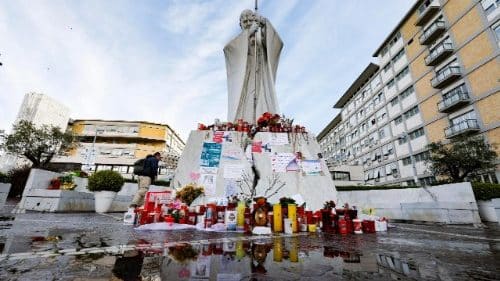
Pope Francis spent a peaceful night at the Gemelli Polyclinic
Exaudi Staff
11 March, 2025
1 min
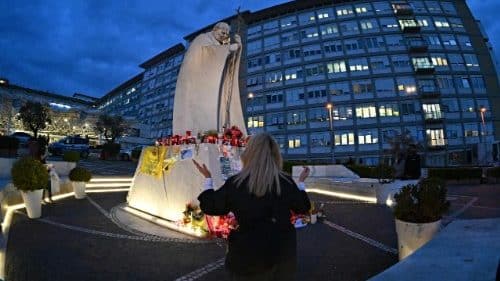
Pope Francis shows stable improvement
Exaudi Staff
10 March, 2025
1 min
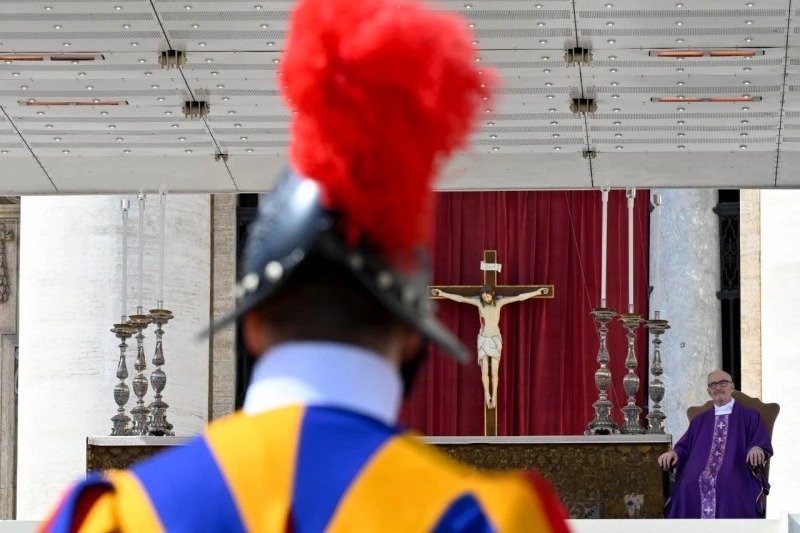
“The Lord is with us and takes care of us, especially in the place of trial”
Exaudi Staff
09 March, 2025
8 min
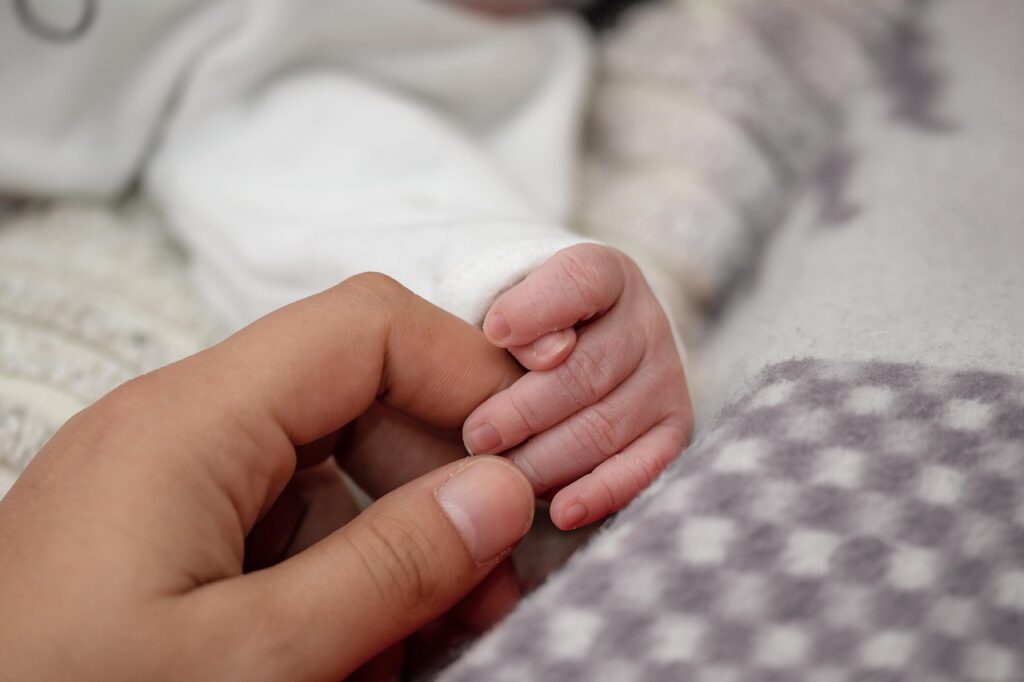
The Pope: We need the “miracle of tenderness”
Exaudi Staff
09 March, 2025
2 min
 (EN)
(EN)
 (ES)
(ES)
 (IT)
(IT)

